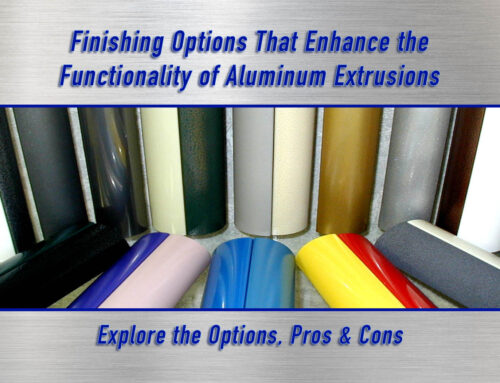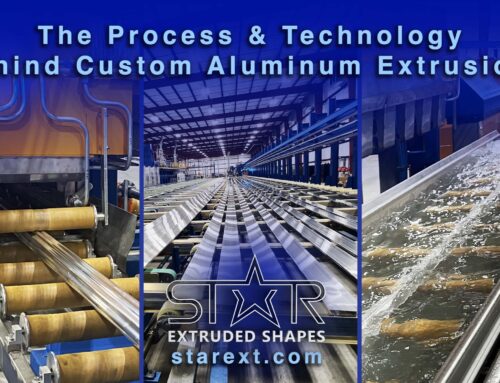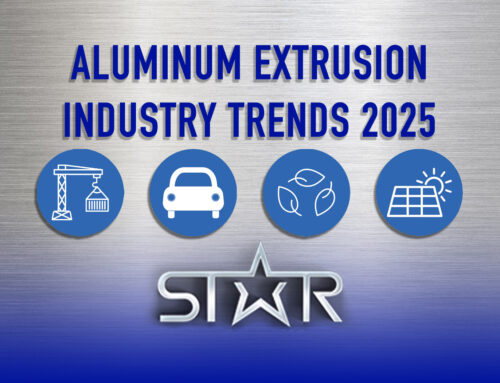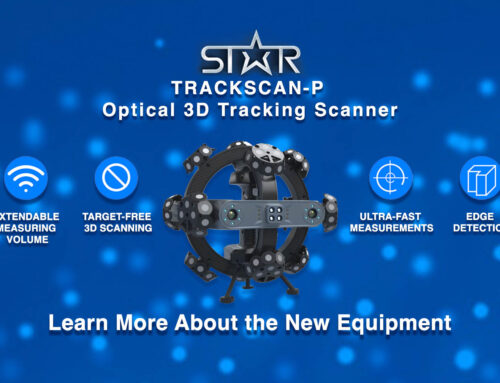Star Extruded Shapes is proud to have a team dedicated solely to Value Engineering of new & existing products.
What is Value Engineering?
Simply put, Value Engineering is the process of better defining or re-defining a manufacturing process or specific product. Its purpose is to provide the optimal combination of manufacturing method & costs for such methods.
How is Value Engineering applied functionally?
The current manufacturing landscape has buyers screaming for cost reductions as many material & component costs have dropped. At the same time, sellers are resisting due to their unprecedented labor & operating costs. As a result, it is setting us all up for a very interesting 2024 & beyond. The post-COVID world has taught us about the importance of re-thinking why we produce, & to consider alternatives to achieving an ideal design or end product.
The shortest distance to compromise & collaboration between supplier & customer, is value engineering. For Instance, existing products many times are not reviewed or considered for change, when there is no spotlight issue affecting them. If we buy/sell them at a certain price & specification, we tend to believe that they are “good”, & we can focus on other things. However, as we dig deeper, there are always ways to increase efficiency & reduce costs. All that is required are willing participants. In the aluminum extrusion world, there are four phases of this – alloy/temper selection, dimensional & tolerance specs, understanding cosmetic requirements, & managing order patterns.
Alloy/Temper Selection
This choice affects run rate numbers, mechanical & chemical testing requirements, surface finish expectations & scrap/yield efficiencies. The most common area to attack can be the use of 6061-T6 alloy & temper. A large swath of the market who use this designation, aren’t even sure why they do, or who originally specified it. Many times, it is a legacy assignment of the most common Mil Spec that existed at that time, & just permanently exists in a title block.
A switch from 6061 to 6005 or 6005A, for example, can significantly improving pricing & surface finish, with comparable hardness & machinability. Taking it a step further to a 6005A, improves the material flow & run rates even more. A 6063 is the most commonly chosen alloy when it comes to sheer material & process cost, however, would not be a preferred alloy for truly structural products.
Dimensional & Tolerance Specs
You need to be clear in identifying internally & with your vendor & what the true function & end use of the product is. Limiting the number of “critical” features, benefits the process for both production rates & QA inspection time/effort. Can you live with standard or 3/4 standard tolerances, rather than 1/2 standard? This will also directly affect tooling, replacement & maintenance costs. We can work with you on creating a dimensional scheme that can easily be measured in process. When there are multiple space or intersecting points not in a tangible spot, there is inability to verify. This will require extreme measures to verify. Best plan for design, is to keep it simple & functional.
Cosmetic Requirements
This topic is probably the most overlooked area in our industry. Without clear notation & definition of what the primary exposed areas, as well as process for handling & packaging, can be left to interpretation by the vendor. Customers & vendors should work together in establishing a written & visual specification. Star’s value engineering team is dedicated to making this happen.
Order Patterns
How we order is just as important as what we order. Most aluminum extruders will offer price breaks at larger quantities & will work with customers to determine an ideal order pattern that benefits price, lead-time, & on-time delivery. For instance, some who uses 30,000 lb. annually of a profile can save time & money by 5 orders @ 6K vs 12 orders @ 2.5K lb. A scenario of less frequent ordering at higher run sizes, benefits both parties & improves tool life too.
This process is real & effective but needs initiative by both customer & supplier to be maximized. For our existing & prospective customers, please reach out to talk with us about options. Star is performing value engineering as customers negotiate with us on specific requests. Furthermore, our team proactively seeks out parts to review – typically more frequent running parts & or parts with a history of efficiency or QA.
Please contact us at [email protected] or via phone to Tony Amendola – VP of Sales & Marketing – 330-533-9863, x 115
Or submit an RFQ on our site HERE
Other articles you might find useful:





